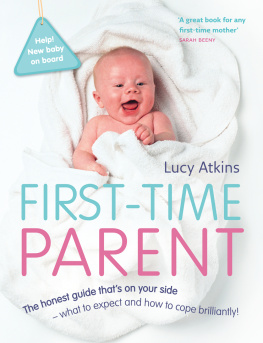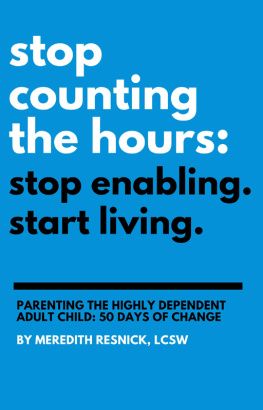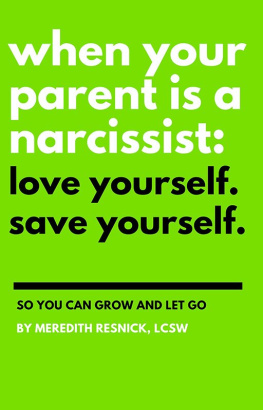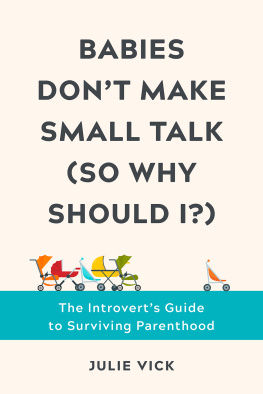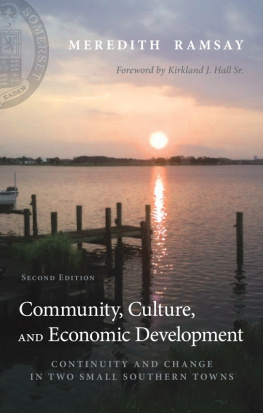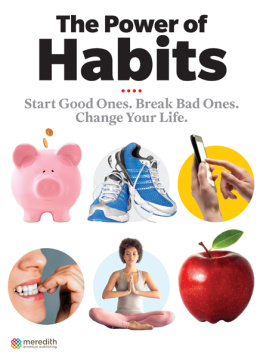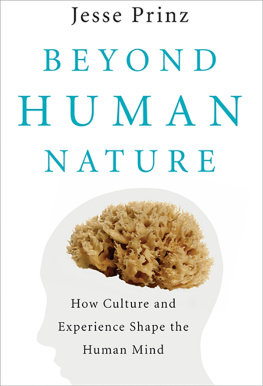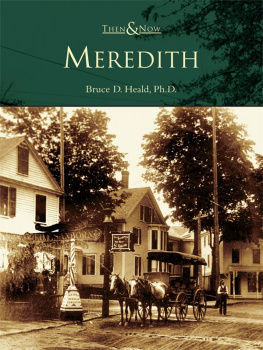Meredith Small - Our Babies, Ourselves: How Biology and Culture Shape the Way We Parent
Here you can read online Meredith Small - Our Babies, Ourselves: How Biology and Culture Shape the Way We Parent full text of the book (entire story) in english for free. Download pdf and epub, get meaning, cover and reviews about this ebook. year: 2011, publisher: Vintage, genre: Children. Description of the work, (preface) as well as reviews are available. Best literature library LitArk.com created for fans of good reading and offers a wide selection of genres:
Romance novel
Science fiction
Adventure
Detective
Science
History
Home and family
Prose
Art
Politics
Computer
Non-fiction
Religion
Business
Children
Humor
Choose a favorite category and find really read worthwhile books. Enjoy immersion in the world of imagination, feel the emotions of the characters or learn something new for yourself, make an fascinating discovery.

- Book:Our Babies, Ourselves: How Biology and Culture Shape the Way We Parent
- Author:
- Publisher:Vintage
- Genre:
- Year:2011
- Rating:4 / 5
- Favourites:Add to favourites
- Your mark:
- 80
- 1
- 2
- 3
- 4
- 5
Our Babies, Ourselves: How Biology and Culture Shape the Way We Parent: summary, description and annotation
We offer to read an annotation, description, summary or preface (depends on what the author of the book "Our Babies, Ourselves: How Biology and Culture Shape the Way We Parent" wrote himself). If you haven't found the necessary information about the book — write in the comments, we will try to find it.
Our Babies, Ourselves: How Biology and Culture Shape the Way We Parent — read online for free the complete book (whole text) full work
Below is the text of the book, divided by pages. System saving the place of the last page read, allows you to conveniently read the book "Our Babies, Ourselves: How Biology and Culture Shape the Way We Parent" online for free, without having to search again every time where you left off. Put a bookmark, and you can go to the page where you finished reading at any time.
Font size:
Interval:
Bookmark:
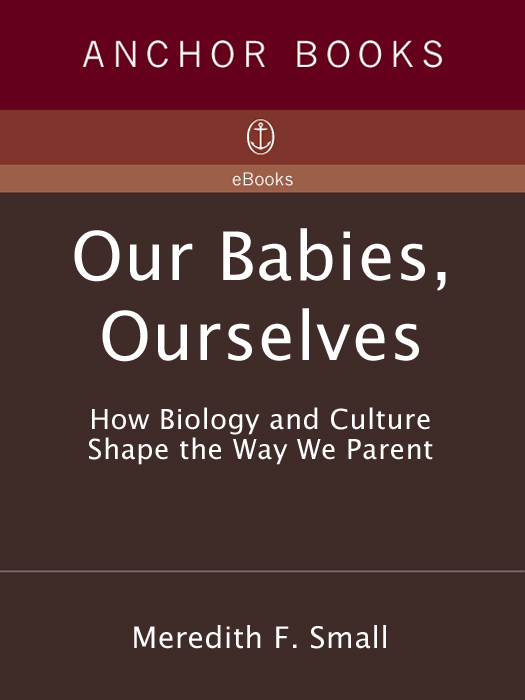
Acclaim for Meredith Smalls
OUR BABIES, OURSELVES
Meredith Small is obviously a very thoughtful, sensitive and provocative writer. I found her examples engaging and representative of a wide range of human mothering behavior to which babies can adjust. It confirms my own thesis that the human infant is remarkably resilient, competent and ready for interaction and shaping by his/her caregiver. This is a valuable book. T. Berry Brazelton, MD
Our Babies, Ourselves has helped so many mothers! It validates what we already know, and gives us permission to mother the way we really want to.
Michele Mason, Founder of Child-Friendly Initiative, Postpartum and Lactation Educator
Our Babies, Ourselves is a great step forward in ending decades of backward, if well-meaning, American thinking about child rearing. This book helps me help parents feel good about feeding their baby when she is hungry, picking him up when he cries, and sleeping comfortably together. I keep several copies in my office that I lend out to new and experienced parents. I cant praise this book enough!
Noel Rosales, MD, Pediatrician, Syracuse, NY
What a delight. Small brings to the intelligent reader the excitement of new findings drawn from the breadth and depth of evolution to provide options, rather than prescriptions, for caregiving in our time.
Ronald G. Barr, MD, Professor of Pediatrics and Psychiatry, McGill University
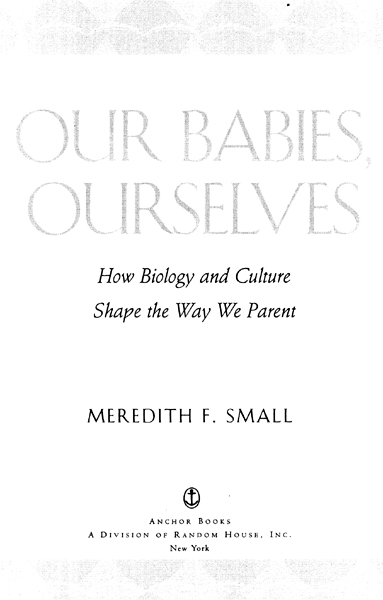
FOR MY TWO THAT DIDNT MAKE IT,

AND FOR FRANCESCA,
WHO MAKES IT ALL PERFECT.
And all of it was like a boat sinking, the sea rushing in and out and everything in turmoil. Then out, and all of them yelling, and cold like the middle of space. And brightness, in the eyesso that even though his eyes were closed the light was like needles, and they held his ankles, and slapped and slapped, and he screamed like his lungs were exploding.
And even though his eyes were closed and the room was warm, he was drifting with giants, in ice and sunlight, and sounds like thunder.
And it wouldnt be over for a long long time.
PAUL CODY
Eyes Like Mine, 1996
CHAPTER ONE
CHAPTER TWO
CHAPTER THREE
CHAPTER FOUR
CHAPTER FIVE
CHAPTER SIX
CHAPTER SEVEN
In the winter of 1995, in a dimly lit room in Atlanta, Georgia, I witnessed a birth. Not the birth of a baby, but of a new science. I was attending the meetings of the American Association for the Advancement of Science, and sitting in on a morning symposium on the new field of ethnopediatrics. Although the gestation of this science had been going on for a few years, the actual delivery was relatively swift. In a series of papers introduced by anthropologist Carol Worthman of Emory University, this group of pediatricians, child development researchers, and anthropologists announced a new branch of research. Their aim, Worthman explained, was to initiate the study of parents and infants across cultures and to explore the way different caretaking styles affect the health, well-being, and survival of infants. In a time when there is an increased focus in America on family values, at a stage when the human species is moving toward a global culture, and in a world where a third of the population is under fifteen years old, this approach seemed timely, ground-breaking, and critically important.
As an anthropologist interested in the interaction of human biology and culture, I was stunned by some of the findings that were being announced. Talk after talk explained the relationship between infant and caretaker in ways that I had never thought about before. Rather than hearing descriptions of infants as dependent beings that needed food, basic care, and parental guidance and encouragement, I heard words that described the infantparent relationship as evolved, adapted, and entwined. I discovered that babies in other cultures lead lives very different from those I was used to seeing and hearing about here in the United States. Babies in some other societies, I learned, are carried in slings all day, sleep with their parents in the same bed, and are often integrated into the social fabric early on. I also heard that in other cultures, babies do not cry very often and never develop colic. This was an entirely different view of raising children than the one espoused by Dr. Spock.
The anthropologist in me was especially intrigued by the idea that human babies, and not just their adult counterparts, had evolved under particular ecological and physiological constraints millions of years ago. So far, evolutionary biology has primarily focused on adult members of species; these ethnopediatricians were asking us to step back and think about the human species from the earliest months of life. Thousands of years ago human infants were typically carried at their mothers sides, nursing continuously. Why did this close physical relationship between mother and infant come about? And what, if anything, does that ancient behavior have to do with how we care for infants today? Suddenly a new possibility was added to the cast of characters that scientists study in looking at the evolution of the human career. At that moment I knew I had to explore and chart the findings of this new science from its birth through its early development. Our Babies, Ourselves is the result of that research.
T he science of ethnopediatrics is a revolutionary way to think about human babies. First and foremost, it is a way of looking at infants from an evolutionarily informed perspective. By combining cross-cultural studies on the various ways in which culture influences child-care styles, we can explore the effects those varying styles have on infant biology. More significant, these findings are not limited to academic discussion alone; this is also a proactive discipline. Ethnopediatrics has the potential to revolutionize the way people in various cultures think about parenting by presenting comparative cross-culture information, the evolutionary history of infants, and the interaction of biology and culture at the infant stage of the life cycle. For example, learning about how !Kung San mothers in Africa respond to their babies, or why the Japanese do not recognize the very concept of a difficult child, or the fact that Dutch kids sleep more than American kids, can only inform and expand our own parental horizons. Further, some of this information has practical and even critical value. When a researcher discovers that holding a baby for longer periods and more frequently during the day might decrease the babys crying, or even change the babys mood, such a study might be used to better our own parenting strategies or techniques. When we discover that the rate of Sudden Infant Death Syndrome (SIDS) is lower in countries where babies sleep with an adult, this offers the possibility of overturning cultural traditions regarding infant sleeping patterns. In a sense, enthnopediatrics combines culture and biology; with this approach it breaks through our traditional and accepted notions of child care and presents options for parental strategies that might be more in tune with evolved infant biology.
All cultures are concerned with children, not only because children are vulnerable but also because they are a societys investment in the future. It is our children who will eventually grow up to be in charge of the future. Because humans are social creatures living in complex social groups, we must all take some interest in our cultures youngest members. But underlying these societal concerns is the biology of the individual. In a biological sense, children are bits of ourselves, an individuals way to pass on genes from one generation to the next. From this evolutionary perspective, our interest in children is only natural, something that is encoded in our brains; our children are walking packets of genes that carry our DNA into future generations.selection has hard-wired this attentiveness toward children and our natural attraction to babies into our very souls. Like eating and breathing, the desire to conceive, give birth, and care for infants is one of the most elemental urges on earth. In this we are no different from a kangaroo mother who holds a joey in her pouch, or a male marmoset monkey who hauls an infant around on his back. In one of the most elegant dances that nature has ever devised, we are good parents because we must be.
Font size:
Interval:
Bookmark:
Similar books «Our Babies, Ourselves: How Biology and Culture Shape the Way We Parent»
Look at similar books to Our Babies, Ourselves: How Biology and Culture Shape the Way We Parent. We have selected literature similar in name and meaning in the hope of providing readers with more options to find new, interesting, not yet read works.
Discussion, reviews of the book Our Babies, Ourselves: How Biology and Culture Shape the Way We Parent and just readers' own opinions. Leave your comments, write what you think about the work, its meaning or the main characters. Specify what exactly you liked and what you didn't like, and why you think so.

